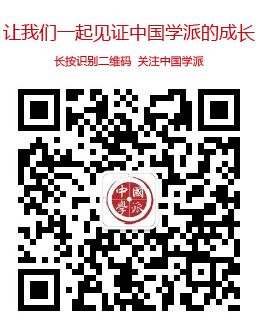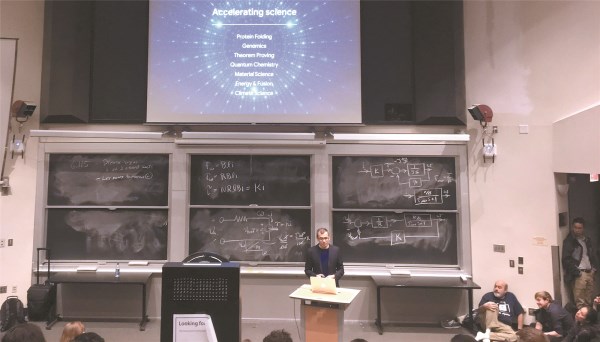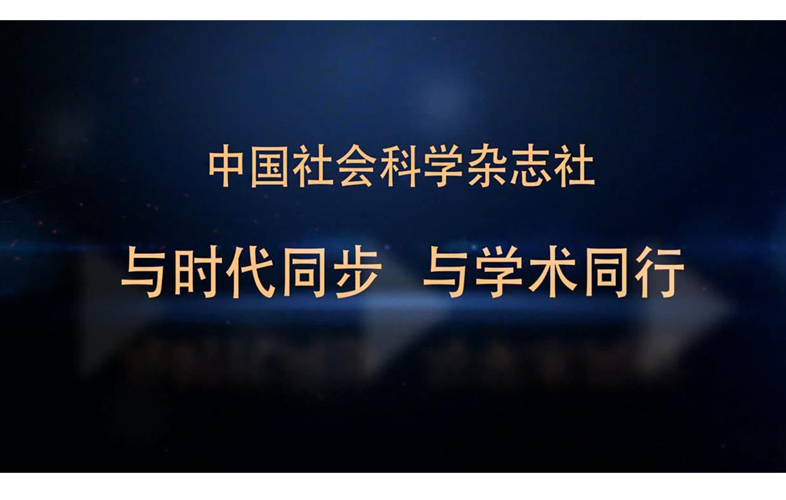Wang Shizong a, Song Chengcheng b and Xu Lu c
a and b School of Public Affairs, Zhejiang University
c School of Public Administration, Guizhou University
Abstract:The actual state of affairs of Chinese social organizations and the latest theoretical findings on the subject indicate that independence and autonomy are concepts that are interrelated but not fundamentally interchangeable; their actual organizational relationship is complex and varied. Exploration of the relationship between the two concepts is a necessary step in the construction and improvement of a rule-based interpretation of the characteristics of Chinese social organizations. Combining resource dependence theory with the institutional logics perspective enables us to analyze the multiple mechanisms influencing the relationship between independence and autonomy at the organizational level and to test for these mechanisms using a mixed methods research design. Our empirical findings indicate that social organizations gain greater autonomy when they have greater independence from government resources and when they strongly identify, structurally and behaviorally, with classical third sector theory. Organizations’ behavioral identification can regulate the relationship between independence and autonomy. Further case studies support the value of the above findings. This shows that other mechanisms can often replace, offset or constrain the effects of resource dependence. In the real world, no single fixed theory can cover the independence-autonomy relationship.
Keywords:independence,resource dependence,institutional logic,autonomy,analysis of mechanism



